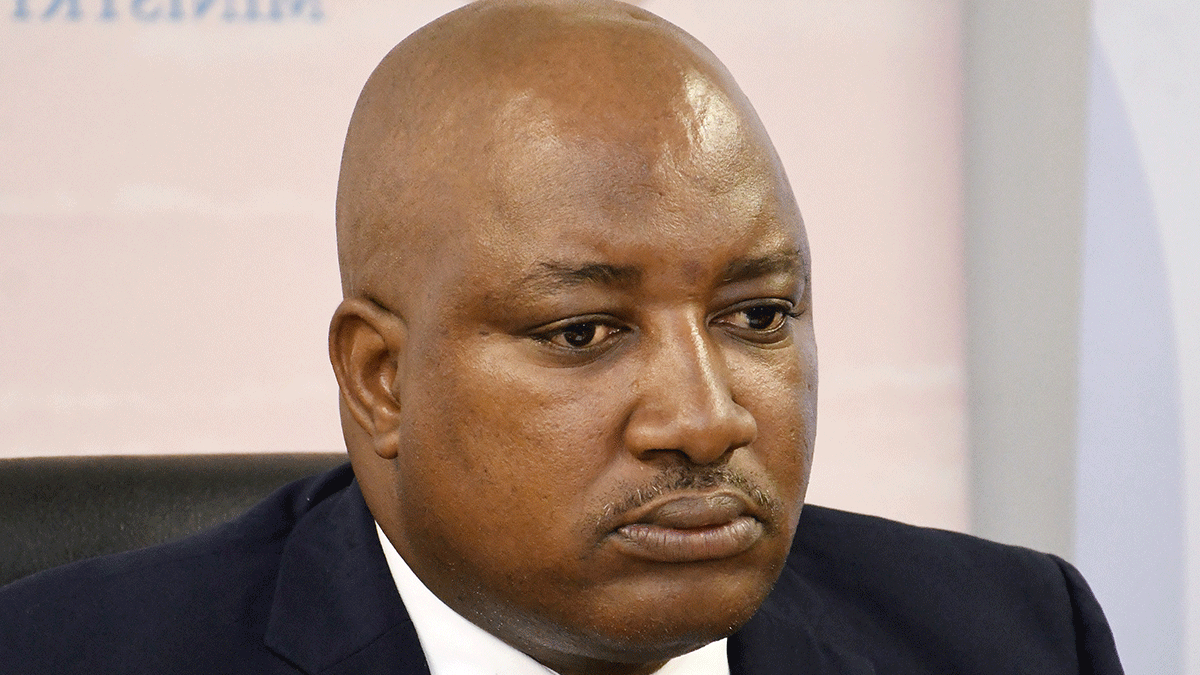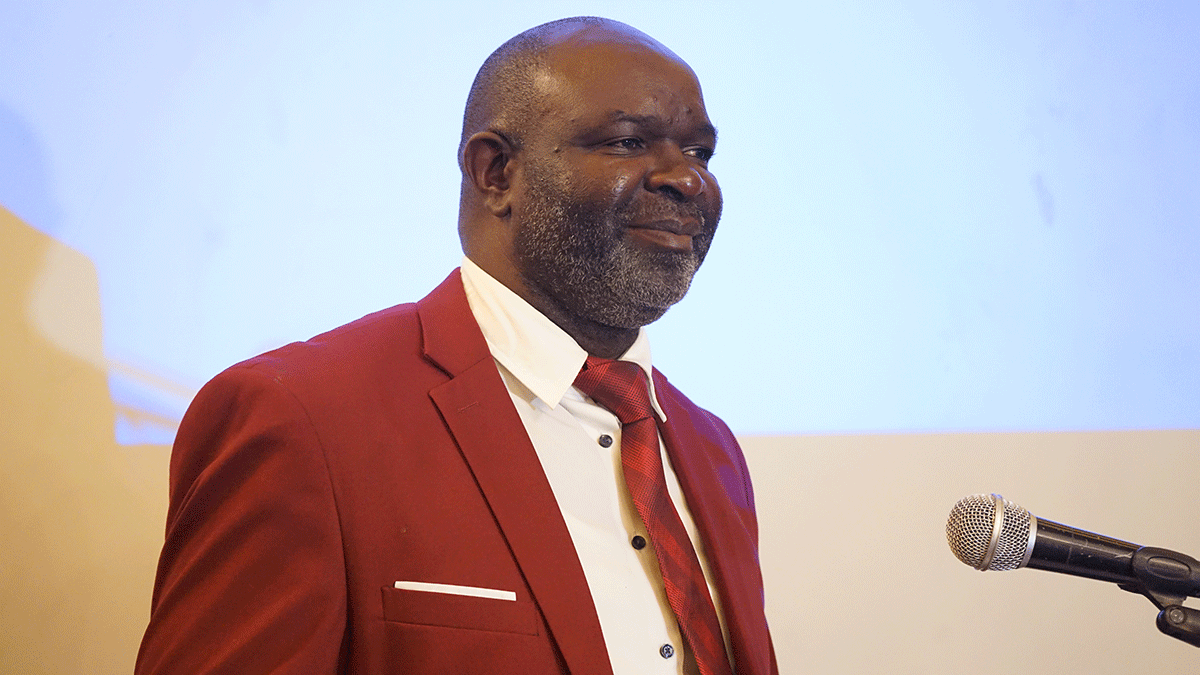FoodBank Botswana target hunger-free nation
In order to achieve a hunger free Botswana, FoodBank Botswana Trust (FBBT) aims to raise at least 100, 000 food hampers by November 2024.
At an estimated cost of P50 million, the campaign seeks to wipe out hunger and malnutrition in Botswana as well as reducing food waste.
To accomplish this, the project is set to bring increased capacity to provide vital hunger relief services and creation of zero waste solutions for large and small scale farmers in Botswana.
The initiative aims to accumulate standard food items such as cereals, meat, meat alternatives and fruits.
The targeted beneficiaries include: school going children (36, 000), the elderly (30, 000), needy tertiary education students (10, 000), vulnerable women-led households (5, 000), pregnant and lactating women (5, 000), child-led households (4, 000), people with disabilities (5, 000) and others (5, 000).
Speaking at the campaign’s launch last week, Minister of Agriculture, Fidelis Molao pledged his ministry’s unwavering support to ensuring the country’s food security.

“We remain resolute in promoting agricultural production to improve food nutrition security, raise the standard of living in rural populations and improving the sector’s contribution to economic growth.
“Climate change and conflicts around the world affected food production in Botswana and globally. Countries similar to Botswana are therefore experiencing a global reduction in food available for export and the conflicts have made it very difficult to import products such as wheat, sunflower and other inputs,” said Molao emphasizing the need to find innovative ways to improve production locally.
Astonishingly, recent statistics reveal that nearly a third of all food produced globally is lost or wasted every year.
FBBT note that up to 828 million people worldwide face hunger because of this.
“This is a wake-up call to rethink our food systems for the future. Resilience must be the key element to protect smallholder producers, poor consumers and vulnerable population. Investing in smallholder, social protection, partnerships with the private sector, resilient food systems to tackle future challenges of hunger and nutrition are key!” stressed FBBT Executive Chairman, Kingston Mmolawa.
According to a Statistics Botswana report on the Prevalence of Food Insecurity in the country, 27.13 percent of the population were affected by moderate food insecurity while a further 26.16 percent faced severe food insecurity. In essence, it means that over half of the country are either not eating well or enough.

Meanwhile, Chief Horticultural Officer at Department of Crop Production, Mmoloki Khukhutha, told Voice Money that 920, 000 hectares of land has been set aside for arable farming. Of this, only 417, 000 has been cultivated.
Further, Botswana’s national food requirement for grain crops stands at 300, 000 metric tonnes but local, rain-fed arable production only goes as far as 200, 000 metric tonnes. The combined requirements for fruits and vegetables is 112, 000 metric tonnes.
“We are coming up with production technologies and providing advisory services in other to achieve full production. It is a hustle, people are faced with challenges in the production process and they are with natural factors such as climate change and pests and diseases. Government is doing a lot to address this issue of food security,” Khukhutha said.
In 2022 alone, FBBT managed to source and distribute more than 37 tonnes (37, 851kg) of foodstuffs to 26, 242 vulnerable individuals.
Between January and March this year, they further distributed an excess of 14 tonnes (14, 695 kg) worth of food, reaching 12, 745 needy Batswana.














